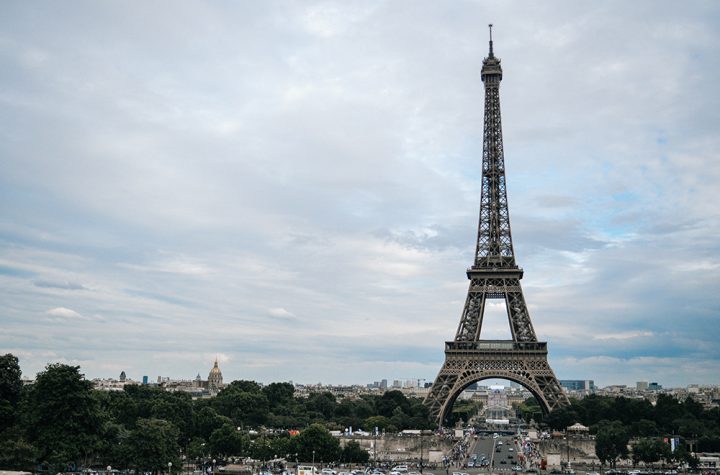
The group of foreign diplomats who recently undertook a two-day tour of Jammu and Kashmir pose a problem of narratives for India.
India claims that reading down of a temporary constitutional provision to better align the troubled state of Jammu and Kashmir with the nation was a sovereign decision. The attempt to seek validation of normalcy in Kashmir from foreign diplomats, therefore, militates against the notion that Kashmir is strictly Indias internal matter.
Also, the fact that the visit by foreign envoys to assess the ground realities in Jammu and Kashmir the second such delegation to arrive in India since revocation of Article 370 and Kashmirs bifurcation into two Union Territories was facilitated by the Narendra Modi government, makes it harder for the two ends to meet. How does India explain this apparent incongruity?
US envoy to India Kenneth I Juster and other diplomats meets with civil society members during their visit to Kashmir, in Srinagar, Thursday, 9 January, 2020. PTI
The answer lies in the way India perceives the 5 August, 2019, decision to revoke a temporary constitutional provision through ratification from both Houses of the Parliament. India considers withdrawal of Kashmirs semi-autonomous status not only a sovereign, tactical and long-pending decision, but also a just decision.
Not without reason, of course. Modi administrations move was backed by widespread popular approval across India and received backing from rival political outfits while gaining the nod in both House of Parliament. It has also caused Pakistan to break out into an apoplectic rage.
Pakistan considers Jammu and Kashmir an unfinished business of Partition and refers to it as its jugular vein, implying that the region remains central to its existence and it shall continue to covet Indias territory and employ all means fair and foul to achieve this objective.
Pakistans fury, that caused Prime Minister Imran Khan to threaten nuclear war against India from the podium of UN General Assembly, stems from the fact that withdrawal of Kashmirs semi-autonomous status and decision to split the state into federally-administered UTs have made it easier for New Delhi to battle the fires of separatism fueled from across the border, and harder for Islamabad and its military establishment to plan to seize Indias sovereign territory.
It imposes additional costs on Pakistan that fought three unsuccessful wars with India over Kashmir and eventually came to rely on an asymmetric war by employing terrorist proxies to achieve what it couldnt through acts of military aggression in 1965, 1971 and 1999.
An understanding of this dynamic is essential to grasp why the abrogation of Article 370 gives India a new modus vivendi.
Since Partition in 1947 when the separate state of Pakistan was carved out of India before the British left the subcontinent, Kashmir has been at the centre of a contentious battle. Since the last three decades, Pakistans policy of using cross-border terrorism and deploying non-state actors to instigate insurgency within Indias borders have bled India, resulted in over 40,000 deaths, kept it distracted, drained its attention and resources.
A new modus vivendi was not only necessary but even inevitable since the BJP, that rose to power in 2014 and consolidated it in 2019 had the abrogation of Article 370 as its campaign promise. It is natural that it would, after being voted to power twice, implement what it had promised to the electorate.
As Foreign Minister S Jaishankar explained to an American audience in Washington DC last September: When we came back to power this May and did a Kashmir review, there were two choices. One was you had a set of policies which were on the books for 70 years. But for the last 40 years, they were visibly not working.
And, by the way, when I say visibly not working, that meant in the last 30 years 42,000 people got killed the difficulties in Kashmir have not started on August 5. August 5 is supposed to be a way of dealing with those difficulties. So the choices were either you continue what was clearly not working or you try something very different. And I think the decision was to try something very different.
It is evident, therefore, that India perceives revocation of Article 370 as not only a sovereign decision but also a moral decision and it is confident that any fair and neutral assessment of the ground realities in Kashmir both before and after the revocation of Kashmirs special status would go in its favour.
In this light, New Delhi hopes that the senior diplomats from 15 nations including the US, would concur with Indias steps, see for themselves that a new plan of action not continuation of inaction was necessary to stem the flow of blood and reverse the course of history.
India also remains positive that unless the assessment suffers from a confirmation bias as western liberal media is wont to do since it is ideologically opposed to Indias ruling dispensation, the temporary security lockdown temporary imposed during the transition period would be given latitude as something that was necessary to prevent violence and loss of lives.
Whether Indias plan to regain control over the narrative on Kashmir succeeds is another question altogether.
Find latest and upcoming tech gadgets online on Tech2 Gadgets. Get technology news, gadgets reviews & ratings. Popular gadgets including laptop, tablet and mobile specifications, features, prices, comparison.





More Stories
US president-elect Joe Biden has listed four priorities for his forthcoming presidency. These include Covid-19, economic recovery, racial equity and climate change.
What are the restrictions within Victoria and the border closures with NSW and Queensland? How far can I travel, and how many people can I have over at my house? Untangle Australia’s Covid-19 laws and guidelines with our guide
Apple has suspended new business with supplier Pegatron after the Taiwan-based original equipment manufacturer misclassified student workers. Apple also said Pegatron broke its Code of Conduct for suppliers. In a statement provided to Bloomberg, Apple said, “…